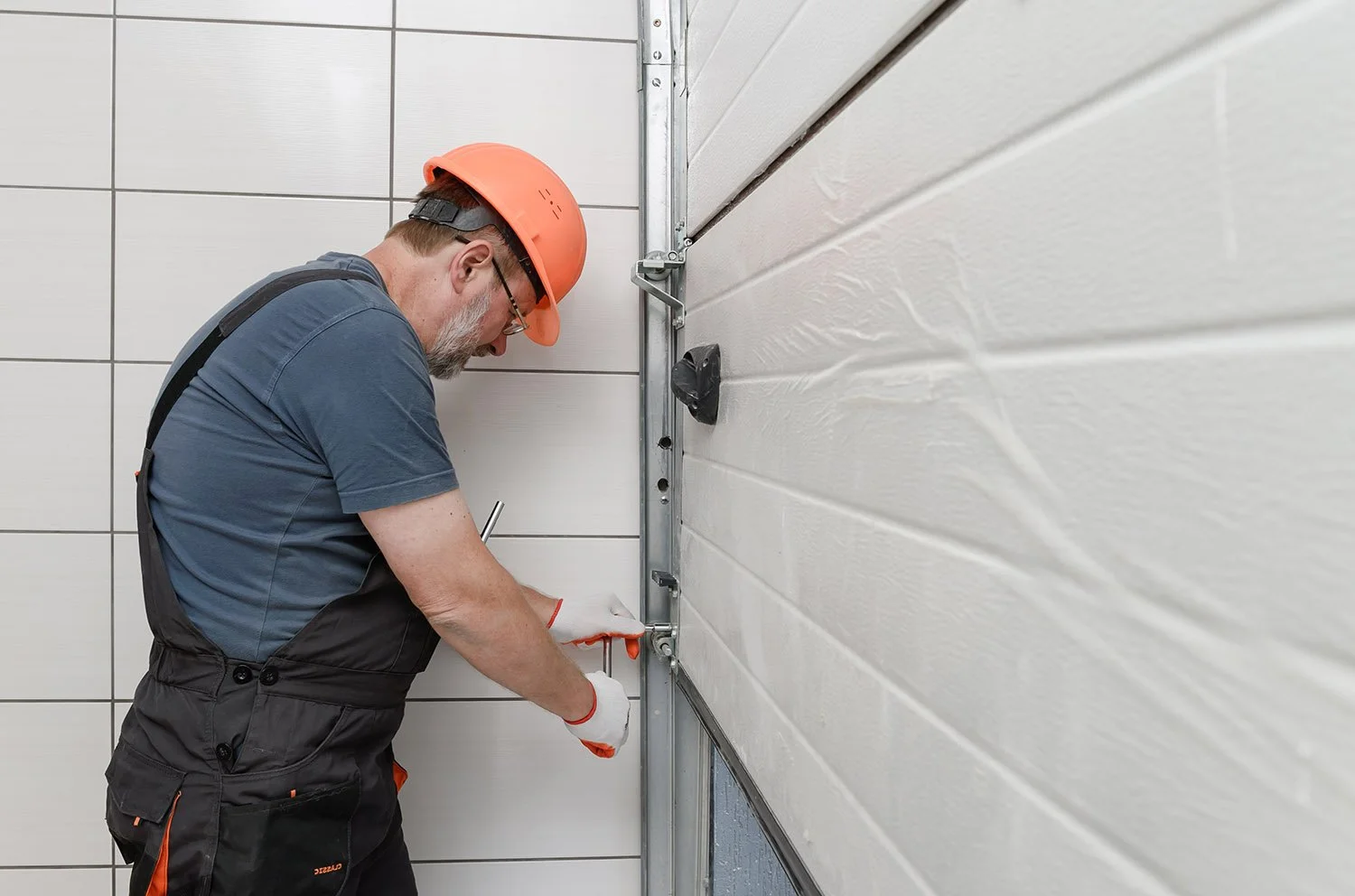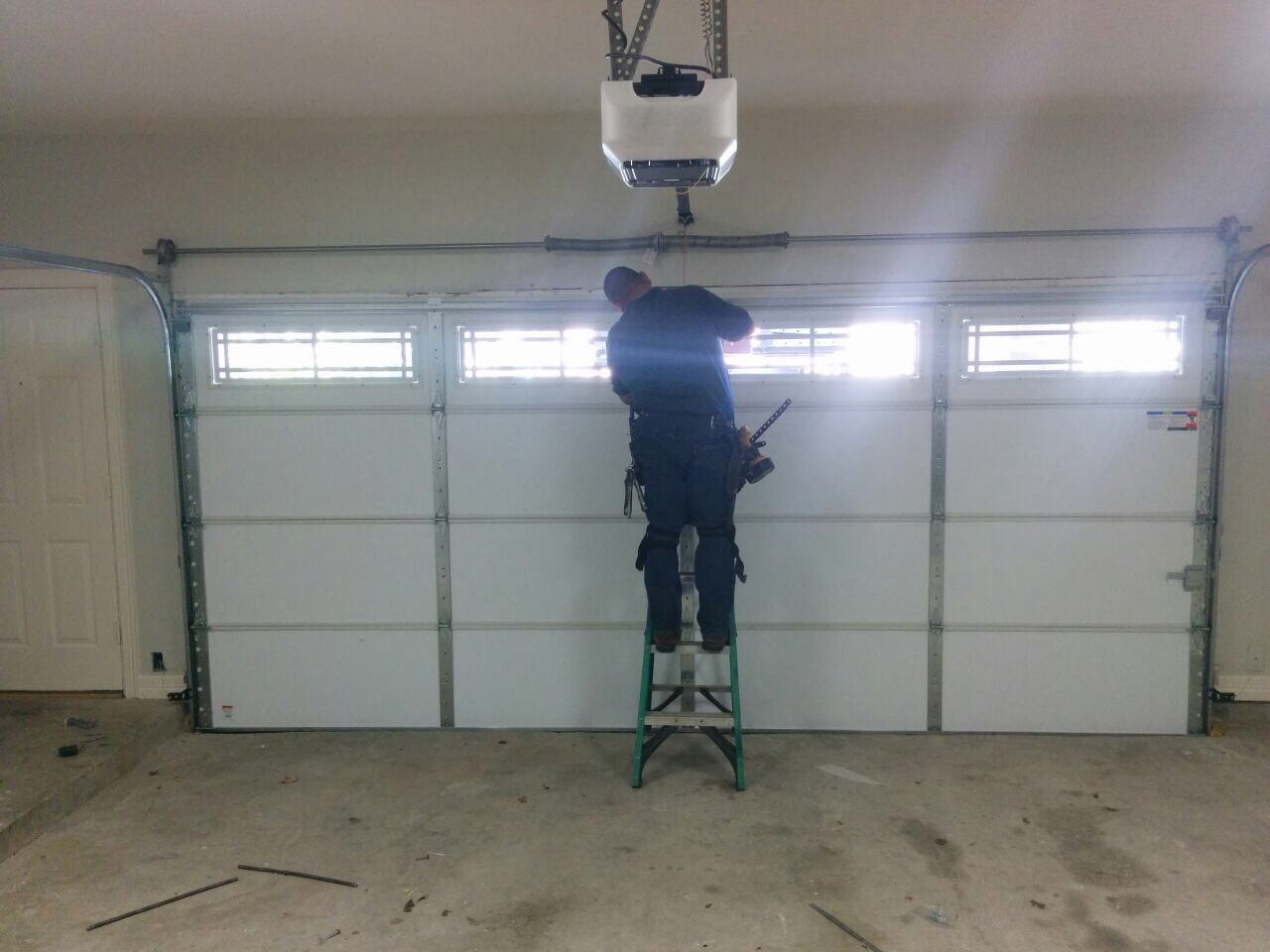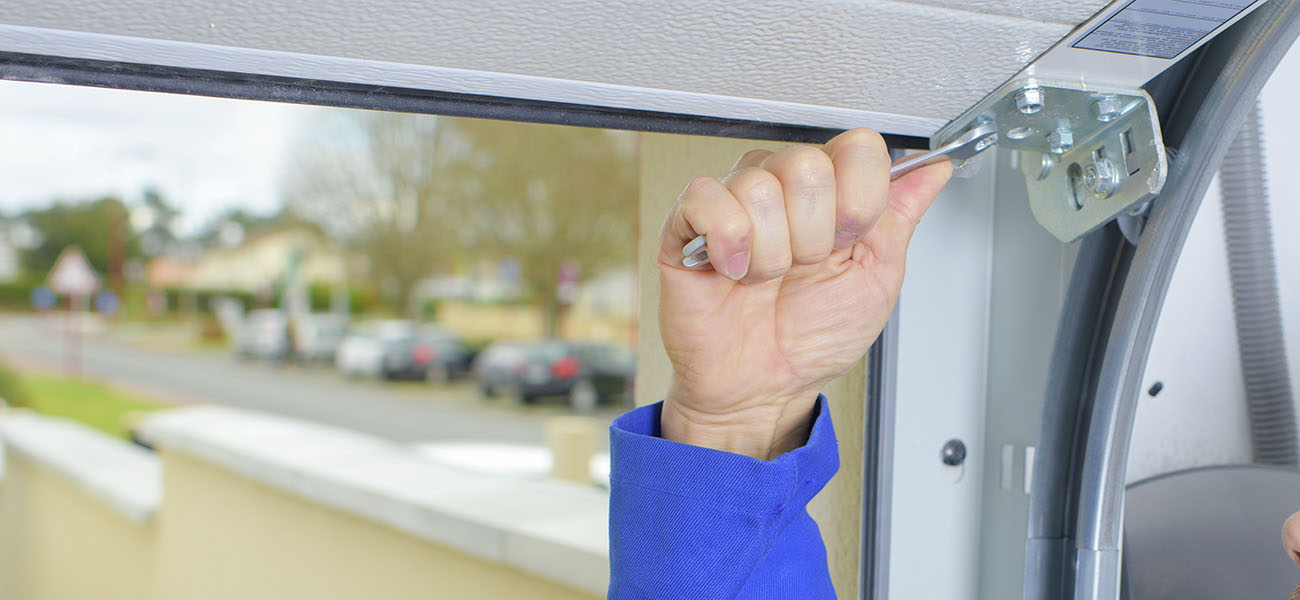24-Hour Garage Door Repair Reseda CA Residential Garage Door Maintenance

One of the most telltale signs of a defective garage door sensor is that if the door does not close completely. Instead of totally closing, the door would possibly reverse and open once more when it senses an object. In some cases, you could notice that the garage door initiates closing but then quickly reverses back up. This habits can be attributed to misaligned sensors, permitting them to falsely interpret an obstruction.

Physical obstruction is another issue to contemplate. Dirty or blocked sensors might not perform correctly. Check to see if there is any dust, debris, or spider webs obstructing the sensor lenses. A easy cleansing could resolve the issue. Using a delicate fabric, gently wipe the lenses to make sure they're clear and free of any obstacles.
Garage Door Bent Track Repair Reseda CA Commercial Overhead Door Solutions
A malfunctioning garage door opener remote can typically be misdiagnosed as a sensor problem. If the remote fails to speak with the garage door, it’s worth testing the sensors instantly. Use the wall button to open and shut the door. If the door operates normally with the wall switch but not with the remote, the issue could lie with the remote itself.
Testing the sensors instantly may help decide their operational status. To do this, you can use an object to dam the sensor beam while the door is closing. If the door reverses upon sensing the obstruction, the sensors are probably functioning correctly. If the door continues to close with out reversing, this signifies a problem with one or both of the sensors.
Environmental factors may also have an result on sensor efficiency. If the sensors are exposed to heavy rain, snow, or excessive heat, they could malfunction. Even humidity can play a role in sensor reliability. If the weather has been particularly harsh, contemplate whether or not these situations could be impacting your sensors.
Electrical issues can also result in sensor malfunction. Inspect the wiring connecting the sensors to the garage door opener. Look for frayed or broken wires, which might stop the sensors from receiving power or communicating correctly with the garage door system. If the wiring appears good, verify the power supply to the opener itself.
Automatic Garage Doors Reseda CA Residential Garage Door Maintenance
In some instances, internal malfunctions may happen inside the sensors. Over time, the internal mechanisms can put on out, resulting in surprising failures. If cleansing and adjustments don't yield positive results, sensor replacement may be the most effective course of action (Garage Door Supplier Reseda Ca Reviews). Many garage door sensors are comparatively cheap and simple to exchange.
In addition, it might be prudent to consult the manufacturer’s guide for specific troubleshooting suggestions associated to your mannequin. Each garage door my company system can differ, and the handbook may present steerage that's particularly related to your state of affairs. Following these pointers can usually enhance the troubleshooting process.
Garage Door Hinge Repair Reseda Custom Garage Door Repairs
Regular maintenance can prolong the life of your garage door sensors. Periodic cleansing, testing, and visual inspections may help catch issues early earlier than they escalate into vital issues. Regular care can ensure that your sensors are in good working situation, sustaining the protection of your garage door operation.

In summary, the significance of knowing tips on how to tell if a garage door sensor is bad cannot be overstated. From evaluating bodily obstruction and sensor alignment to testing the wiring and internal components, a range of things contribute to sensor functionality.
Garage Door Installation Cost Reseda Secure Garage Door Solutions
Regular maintenance, mixed with thorough testing, can also forestall future issues (Garage Door Supplier Reseda Ca Reviews). When doubtful, reaching out to professionals can present reassurance and much-needed experience. Ultimately, making certain that your garage door sensors are functioning appropriately enhances the general security of your home and its computerized systems.
- Check for blinking or stable lights on the sensor; a stable mild usually indicates normal operation, while blinking may signify an issue.
- Test the alignment of the sensors; misaligned sensors can stop the door from functioning properly, leading to a possible failure.
- Look for any seen damage or obstructions near the sensors; dust, spider webs, or bodily breakage can intervene with their operation.
- Listen for unusual sounds when the garage door is operated; grinding or clicking noises can point out sensor malfunction.
- Conduct a guide check by placing an object within the door’s path; if the door doesn't reverse, the sensors may be defective.
- Inspect the wiring connected to the sensors for frays or unfastened connections that would disrupt energy supply or performance.
- Evaluate the temperature circumstances; excessive weather can have an result on sensor performance, resulting in short-term points.
- Use a multimeter to examine for power running to the sensors; an absence of voltage can point out a sensor drawback or wiring issue.
- Consider the age of the sensors; older fashions could become unreliable and better changed rather than repaired.
- Seek professional assistance if the issue persists regardless of troubleshooting; an expert can diagnose issues that will not be immediately obvious.undefinedHow can I inform if my garage door sensor is malfunctioning?undefinedCheck for a pink or amber mild on the sensor. If it’s not illuminated or blinking, the sensor may be bad. Additionally, you can manually block the sensor and see if the garage door reacts properly — if it does not reverse, the sensor may need replacement.
What are the frequent signs of over at this website a defective garage door sensor?undefinedCommon indicators embody the garage door failing to shut fully, erratic movement, or not responding to remote instructions. A misaligned sensor may additionally set off these issues, so inspect their positioning as part of your diagnostic process.
Can a foul garage door sensor forestall the door from closing?undefinedYes, a malfunctioning sensor can cause the garage door to reverse or fail to close. This is a security function designed to prevent accidents or accidents, so take note of the behavior of your garage door.
Garage Door Installation Reseda Quality Garage Door Craftsmanship
How do I clear my garage door sensors?undefinedTo clear garage door sensors, gently wipe the lenses with a soft, dry material. Avoid utilizing harsh chemical compounds, which may harm the sensor. Regular cleaning can improve functionality and stop sensor-related issues.
What should I do if my garage door sensor is misaligned?undefinedCarefully realign the sensors in order that they face one another instantly. Use a stage to examine their positioning. If aligning them doesn’t resolve the problem, consider seeking skilled assist for additional inspection.
Garage Door Balance Adjustment Reseda Safe Garage Door Repair Techniques
Is it necessary to replace each sensors if one is bad?undefinedWhile it's not strictly essential to exchange each, doing so is advisable. Installing a brand new sensor with an old one would possibly lead to compatibility points, affecting the garage door's performance.
Can weather affect the performance of garage door sensors?undefinedYes, extreme climatic conditions can impact performance. Heavy rain, snow, or humidity would possibly obscure the sensors or affect their alignment. Regular maintenance and inspection throughout seasonal modifications may help mitigate these results.

Garage Door Opener Repair Reseda Fast Garage Door Service
What if my garage door sensor nonetheless doesn’t work after replacement?undefinedIf the new sensor doesn’t resolve the difficulty, verify for wiring issues or seek the assistance of knowledgeable technician. There may be additional issues with the garage door opener or different parts that require attention.